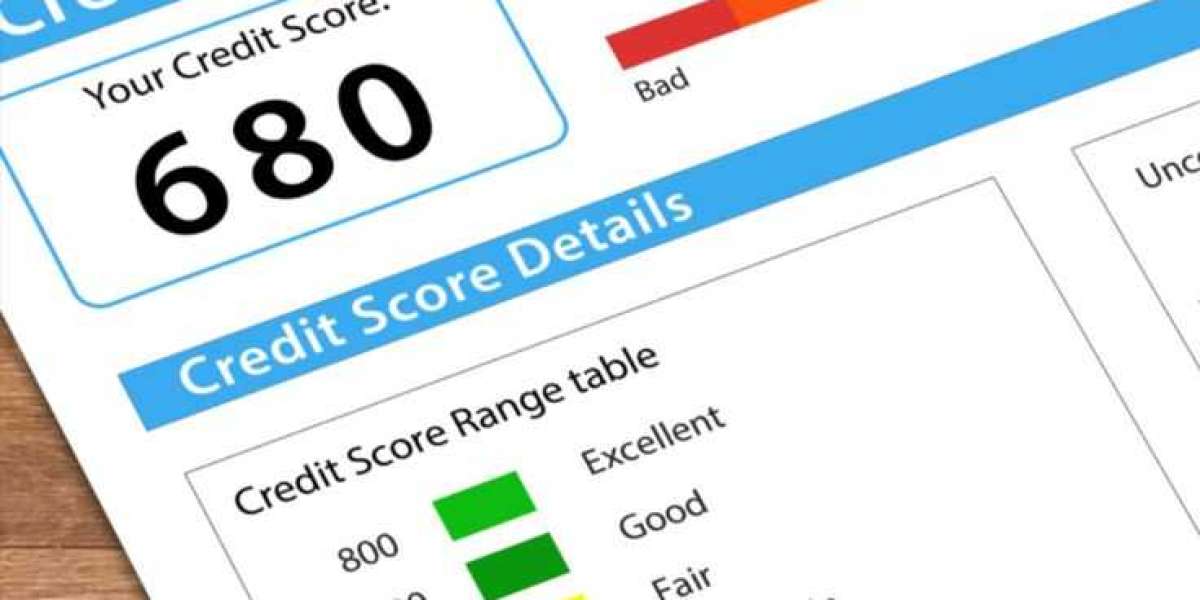As one of the three major credit reporting agencies in the United States, Experian holds a vast repository of consumer credit information. Given the importance of credit reports, inaccuracies can have significant consequences. Fortunately, Experian provides a process for disputing errors on your credit report. This comprehensive guide will walk you through the steps to dispute your credit report with Experian, ensuring your credit information is accurate and up to date.
Understanding Credit Reports and Their Importance
Credit reports are detailed records of an individual's credit history, compiled by credit reporting agencies like Experian. These reports include information such as:
- Personal Information: Name, address, Social Security number, and date of birth.
- Credit Accounts: Details about credit accounts, including credit cards, mortgages, and loans, such as account status, credit limit, and payment history.
- Public Records: Bankruptcies, tax liens, and court judgments.
- Credit Inquiries: Records of inquiries made by lenders and other entities reviewing your credit.
Lenders, landlords, employers, and others use this information to evaluate your creditworthiness. An accurate credit report is vital because errors can lead to denied credit applications, higher interest rates, or missed opportunities.
Common Errors on Credit Reports
Errors on credit reports are not uncommon. Some of the most frequent mistakes include:
- Incorrect Personal Information: Wrong name, address, or Social Security number.
- Accounts That Don't Belong to You: Accounts that belong to someone else with a similar name or due to identity theft.
- Incorrect Account Information: Wrong account status, incorrect balances, or inaccurate payment history.
- Duplicate Accounts: Same account listed multiple times.
- Outdated Information: Old accounts or incorrect dates.
- Incorrect Public Records: Errors in bankruptcy filings, tax liens, or other legal judgments.
The Importance of Regular Credit Report Checks
Given the potential for errors, it's crucial to regularly check your credit report. By law, you're entitled to a free credit report from each of the three major credit reporting agencies (Experian, Equifax, and TransUnion) once every 12 months through AnnualCreditReport.com. Regular checks help you catch and correct errors promptly, protecting your credit score and financial health.
How to Dispute Errors on Your Experian Credit Report
If you identify an error on your Experian credit report, you can dispute it by following these steps:
Step 1: Review Your Credit Report Thoroughly
Start by obtaining your free experian dispute credit report. Review it carefully to identify any inaccuracies. Highlight or note down the specific errors you find.
Step 2: Gather Supporting Documentation
Collect any documents that support your dispute. This could include:
- Billing statements
- Payment records
- Correspondence with creditors
- Copies of canceled checks
Supporting documents are crucial in substantiating your claim and expediting the resolution process.
Step 3: File Your Dispute with Experian
You can file a dispute with Experian online, by mail, or by phone. The online method is the most efficient and quickest.
Online Dispute
- Visit the Experian Dispute Center: Experian Dispute Center
- Create or log in to your account.
- Follow the instructions to initiate a dispute. Provide details of the error and upload supporting documents.
Dispute by Mail
- Write a dispute letter. Include your personal information, the specific error, and why you believe it's incorrect. Attach copies (not originals) of your supporting documents.
- Send your letter to: Experian P.O. Box 4500 Allen, TX 75013
Dispute by Phone
- Call Experian’s dispute phone number: 1-866-200-6020.
- Provide the necessary details and follow the instructions.
Step 4: Wait for Investigation
Once you file your dispute, Experian will investigate. They have 30 days to complete the investigation, although it can extend to 45 days if you provide additional information during the process.
Step 5: Review the Results of the Investigation
After the investigation, Experian will notify you of the results. If the dispute is resolved in your favor, the error will be corrected, and you’ll receive an updated credit report. If the information is verified as accurate, the original data will remain on your report.
Step 6: Follow Up if Necessary
If you disagree with the outcome of the dispute, you can take further steps:
- Contact the Creditor: Reach out to the creditor or information furnisher directly to resolve the issue.
- Add a Statement of Dispute: You can add a brief statement to your credit report explaining the dispute. This statement will be included in future reports.
- File a Complaint: If you believe Experian didn’t handle your dispute properly, you can file a complaint with the Consumer Financial Protection Bureau (CFPB).
Tips for Successful Disputes
- Be Clear and Concise: Clearly state the error and provide concise explanations.
- Include Supporting Documents: Attach relevant documents to support your claim.
- Keep Records: Maintain copies of all correspondence and documents related to your dispute.
- Follow Up: Monitor the status of your dispute and follow up if necessary.
The Impact of Disputes on Your Credit Score
Disputing errors can have a positive impact on your credit score if inaccuracies are corrected. Accurate information ensures your credit score reflects your true creditworthiness, potentially leading to better credit offers and terms.
Preventing Future Errors
To minimize the risk of future errors:
- Monitor Your Credit Regularly: Regular checks help you spot issues early.
- Protect Your Personal Information: Guard against identity theft by using secure passwords and being cautious with your information.
- Address Issues Promptly: Resolve discrepancies quickly to prevent them from affecting your credit score.
Maintaining an accurate credit report is essential for your financial health. If you find errors on your Experian credit report, knowing how to dispute them effectively can save you from potential financial setbacks. By following the steps outlined in this guide, you can navigate the dispute process with confidence and ensure your credit report accurately reflects your credit history.
Regularly monitoring your credit, understanding common errors, and knowing your rights are key components in managing your credit effectively. Remember, Experian and the other credit reporting agencies are required to investigate and correct errors, empowering you to maintain a clean and accurate credit record.








